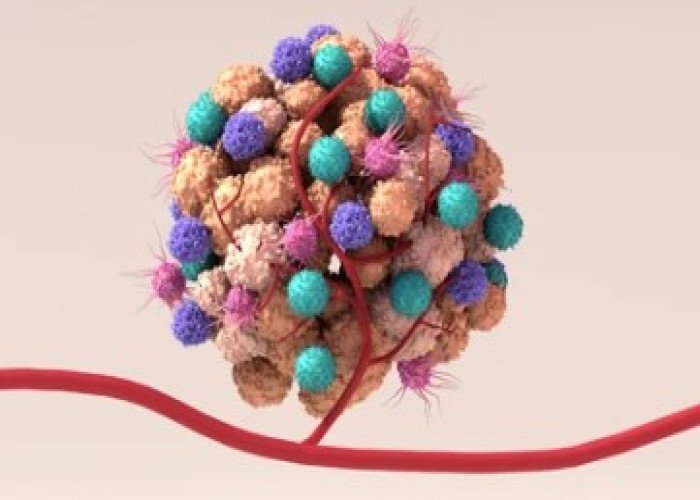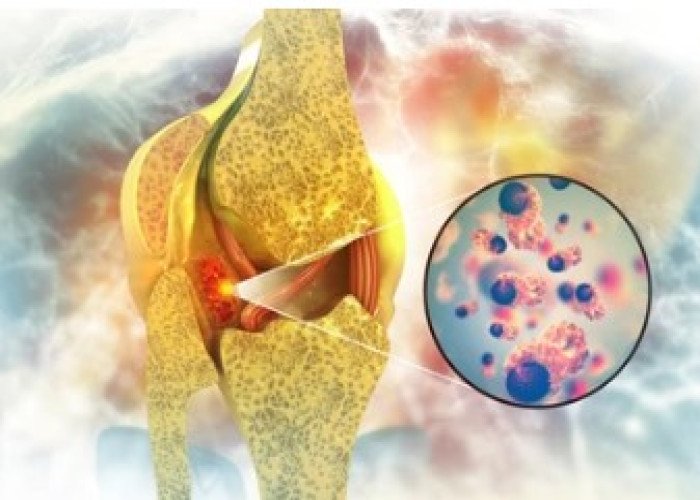 Welcome
Welcome
“May all be happy, may all be healed, may all be at peace and may no one ever suffer."
Hysteria - Homeopathic remedies
Hysteria, also known as conversion disorder, is a psychological condition characterized by physical symptoms such as seizures, paralysis, or blindness that have no underlying medical cause. The symptoms are believed to be caused by unconscious psychological conflicts or distress.
Hysteria is a rare disorder that was more commonly diagnosed in the past. It was once thought to be exclusively a condition of women and was sometimes referred to as "female hysteria." However, it is now recognized that men can also experience hysteria.
The symptoms of hysteria can vary widely and may include:
- Seizures or convulsions
- Paralysis or weakness
- Numbness or loss of sensation
- Blindness or other vision problems
- Difficulty speaking or swallowing
- Difficulty breathing
- Sensory disturbances, such as tingling or prickling sensations
- Pain or discomfort
- Sexual dysfunction
The symptoms of hysteria can be frightening and distressing for the person experiencing them. They may also be difficult for family members and medical professionals to understand, as they have no clear medical cause.
Treatment for hysteria may involve psychotherapy, such as cognitive behavioral therapy, to help the person identify and resolve unconscious psychological conflicts or distress. In some cases, medication may be prescribed to manage symptoms such as anxiety or depression.
It is important to note that the symptoms of hysteria are not consciously fabricated or intentionally produced by the person experiencing them. They are believed to be a result of unconscious psychological processes and are not under the person's conscious control.

Tumor

Pneumonia

Bone cancer

Acne

Rheumatism

Gangrene of uterus

Profuse sweating

Erysipelas
Hysteria, হিস্টিরিয়া
To be happy, beautiful, healthy, wealthy, hale and long-lived stay with DM3S.






